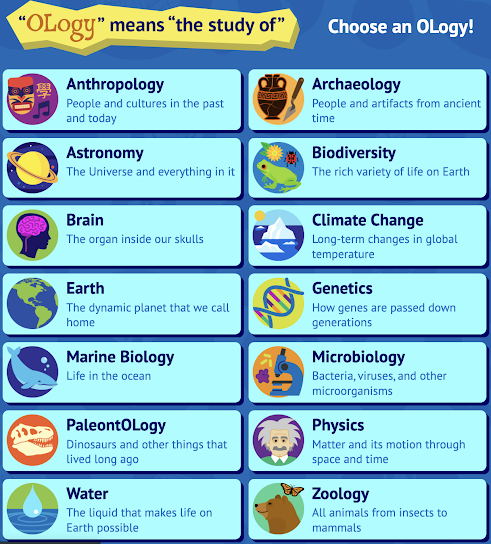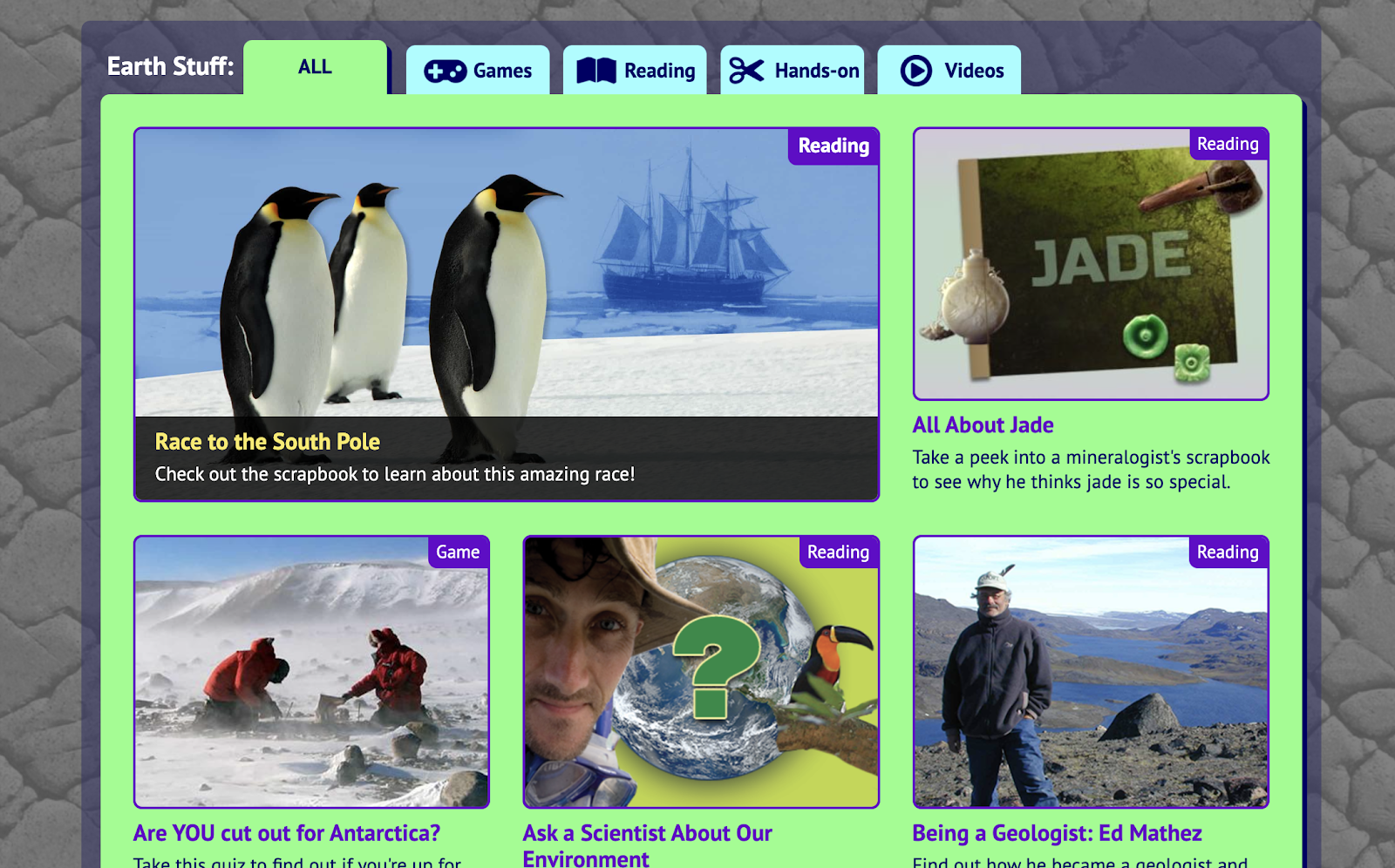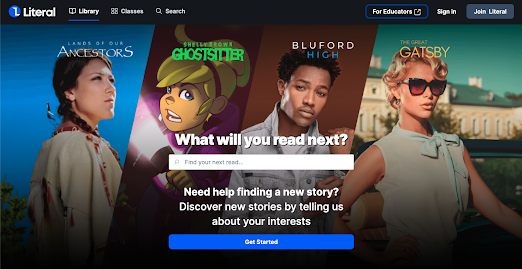If you want a valuable resource for your science classroom, I recommend using OLogy: Science Website for Kids.
What is OLogy?
In science terms, ology is defined as "the study of." The OLogy website was developed by the American Museum of Natural History and contains various videos, resources, articles, and interactive activities to provide students with options for learning content. Students can learn content from 14 different areas of scientific studies, such as Anthropology, Astronomy, Brain Science, Marine Biology, Physics, and more!
Just click on the OLogy you are searching for and you will be directed to a page filled with rich and diverse content! For example, I clicked on Earth Science and found the following page filled with games, videos, reading articles, and hands-on learning opportunities. Want to learn more about Earth Science? You can read an article titled "Ask a Scientist About Our Environment."
Conclusion
Research shows that students need options when learning new content. Therefore, videos, articles, and interactive activities are good ways to do so. OLogy provides students and teachers with rich content in a variety of topics.









